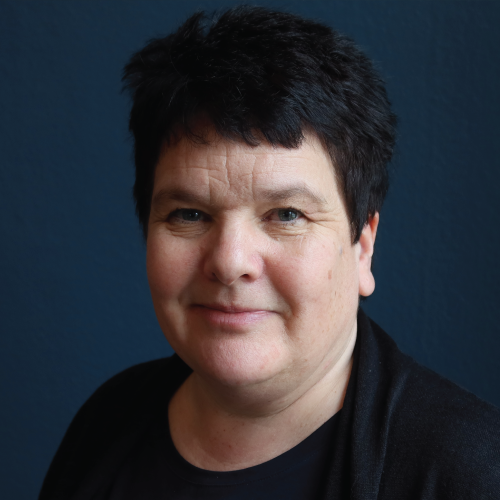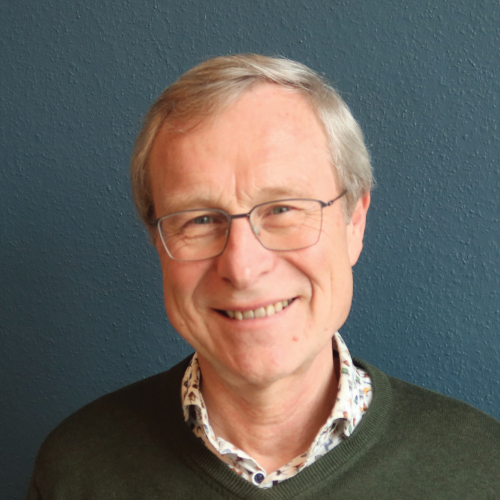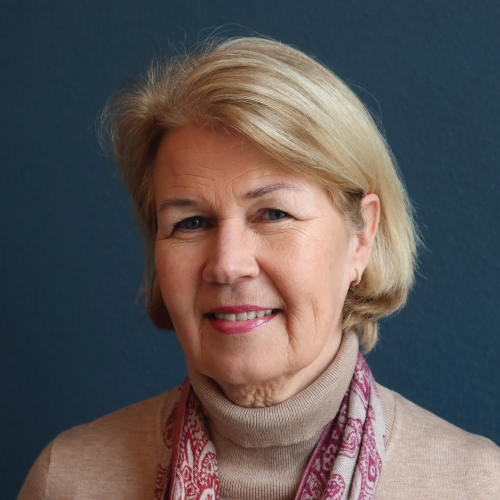
Andreas Hoff is Professor of Social Gerontology at Zittau/Görlitz University of Applied Sciences and director of the research institute “Gesundheit, Altern, Arbeit, Technik” (GAT) (English translation: “Health, Ageing, Labour, Technology”). In this role he has been an associate member of Eurocarers since 2019. He represents informal carers’ interests in his role as Vice Chair of the Independent Advisory Board for the Reconciliation of Informal Care and Employment that advises the German government on these issues since its establishment in 2015. He is also a member of Germany’s informal carers’ organisation Wir pflegen e.V.
Prior to his professorship in Görlitz (since 2011) he was Senior Researcher at the Oxford Institute of Ageing, University of Oxford, where he was leading a research stream on “Intergenerational relations, family care and community care”. Before that, he was Research Fellow at the German Centre of Gerontology in Berlin and at the London School of Economics and Political Sciences where he completed his doctoral degree in Social Policy on “Informal support mobilisation of families in Germany and the UK”.
His research over the past 25 years focused on family care / informal care, more specifically on informal support mobilisation in the context of different European welfare states, the reconciliation of family care and employment, the use of assistive technologies in home care, and intergenerational relations in family, community and society. Furthermore, he has been lecturing European social policy for more than 20 years. He currently leads projects in three research consortiums on (a) the development of regional care-provision pathways for dementia care, (b) innovative technologies for informal carers and caring communities, and (c) co-creation and sustainable participation in the development of hybrid health-IT“. Previous research includes the development of a technically assisted support network for improving older people’s individual autonomy and quality of life (five successive projects VATI-1 – VATI-5 (2014-2024) and “Carers@work: Between long-term care and job: conflict or opportunity” in Germany, UK, Italy and Poland (2009-2011). He was international partner in several international research consortia including “Sustainable Care: Connecting People and Systems“ (lead Prof. Sue Yeandle, University of Sheffield, GB) and Centre of Excellence „Research on Ageing” (CoE AgeCare) (lead Prof. Teppo Kröger, Universität Jyväskylä, Finland).





